
In every supermarket aisle, online store, or weekend market, something subtle but powerful is happening. People are pausing before they purchase. Looking at labels. Asking questions. Choosing differently. This shift…slow, steady, and deeply meaningful is the rise of conscious consumerism.
Today, consumers are not just buying products. They’re buying values, ethics, transparency, and trust. They want to know where their food comes from, how it’s grown, who grows it, and what impact their choices create on their health and the planet.
This cultural change isn’t temporary. It is shaping the future and it is reshaping it for the better.

The Problem: We’ve Spent Decades Consuming Blindly
For years, excessive convenience and industrialized farming distanced people from their food. We forgot:
—------------------------------------------------------------------------------------------------------------------
Fast food, fast fashion, and fast living took over…and the cost has been heavy:
The world reached a point where mindless consumption was no longer sustainable — for the planet, for communities, or for our bodies.
And so began the shift toward consciousness.
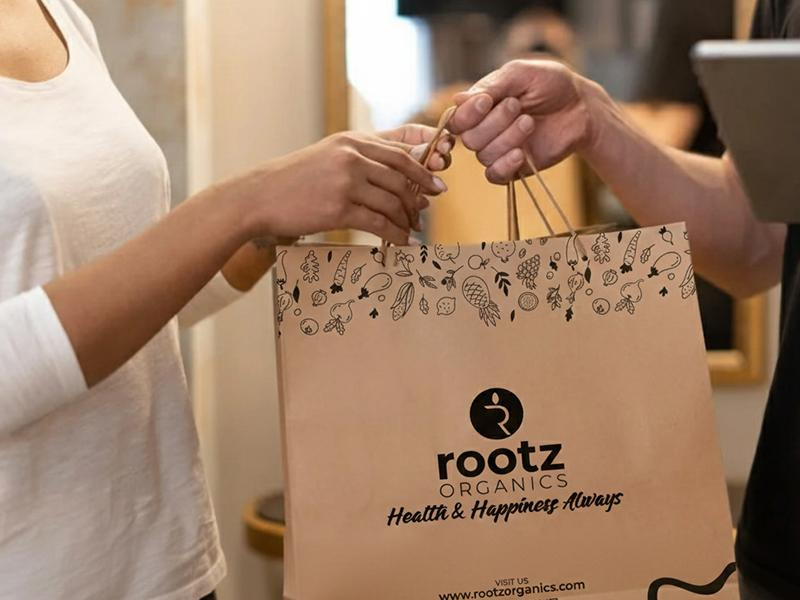
What It Really Means to Be a Conscious Consumer
A conscious consumer is not someone who makes perfect choices all the time. Consciousness isn’t about perfection…it’s about presence.
It means caring about ingredients, farming practices, and human well-being. It means asking:
A conscious consumer knows that every purchase influences a much larger ecosystem.
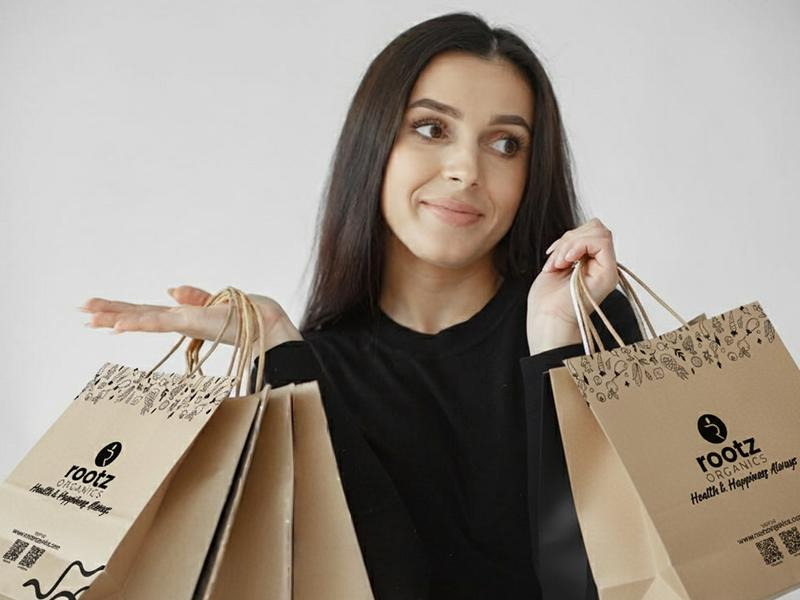
Conscious Consumerism: The Future
1. People Are Prioritizing Their Health
With rising lifestyle diseases and gut-related issues, more individuals are rethinking what they eat. The shift toward organic, clean, chemical-free food has become essential for long-term health.
Consumers now want staples that nourish, not harm. They prefer traditional, minimally processed, whole foods, the kind that support real wellness.
2. Transparency Matters More Than Branding
Gone are the days when consumers accepted vague labels and marketing claims. People now want honesty, clear ingredients, real sourcing, and straightforward communication.
Brands that provide transparency earn trust.
Brands that hide behind buzzwords lose relevance.
3. Sustainability Is Becoming Personal
Climate change is no longer distant. It affects everyday life… from food prices to farming cycles. This has motivated consumers to choose sustainable products, reduce waste, and support earth-friendly practices.
Being environmentally conscious is now an act of personal responsibility.
4. Consumers Want to Support Local and Ethical Systems
More people understand that supporting ethical brands uplifts farmers, protects traditional knowledge, and preserves local ecosystems. Conscious choices strengthen entire communities.
People are choosing products with roots, not just products with packaging.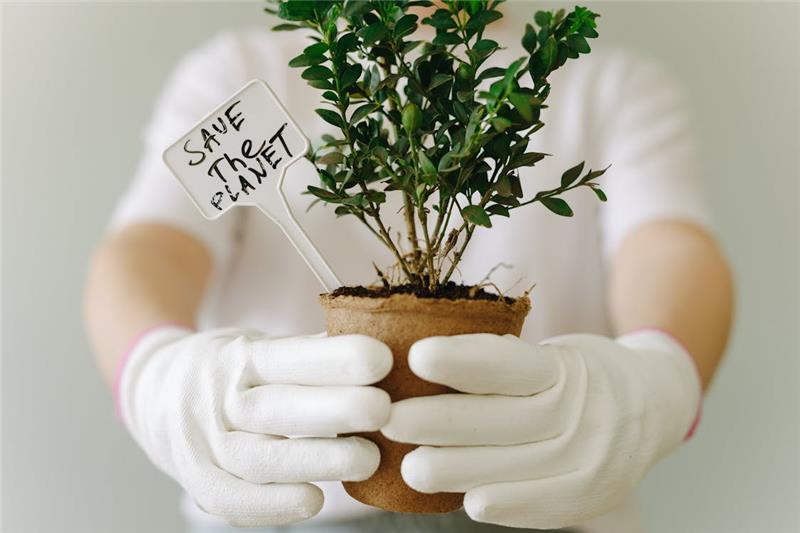
The Benefits of Conscious Consumerism
For Individuals
Conscious choices lead to:
The mental satisfaction of making meaningful choices is a bonus.
For Farmers
Conscious consumerism supports:
It encourages farmers to embrace sustainable practices instead of chemical-heavy farming.
For the Planet
The conscious movement helps:
In short…conscious choices nurture the planet that nourishes us.
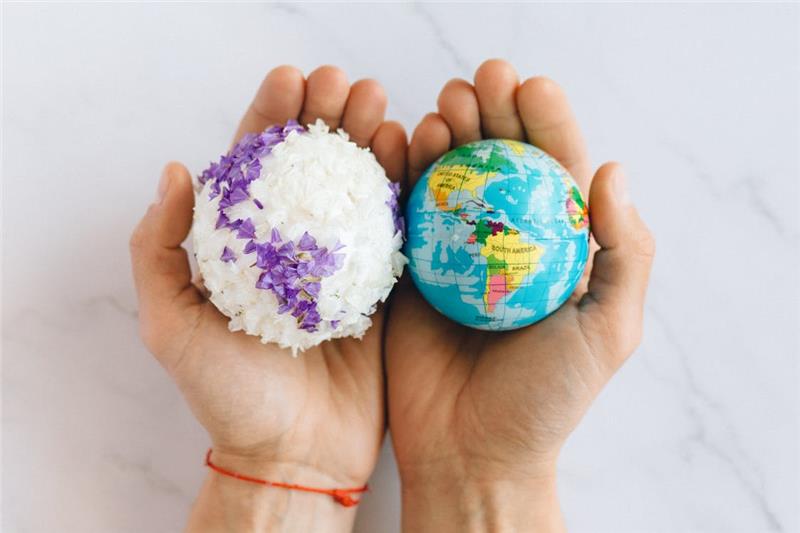
Small Conscious Choices Make Big Differences
Conscious living doesn’t require drastic lifestyle changes.
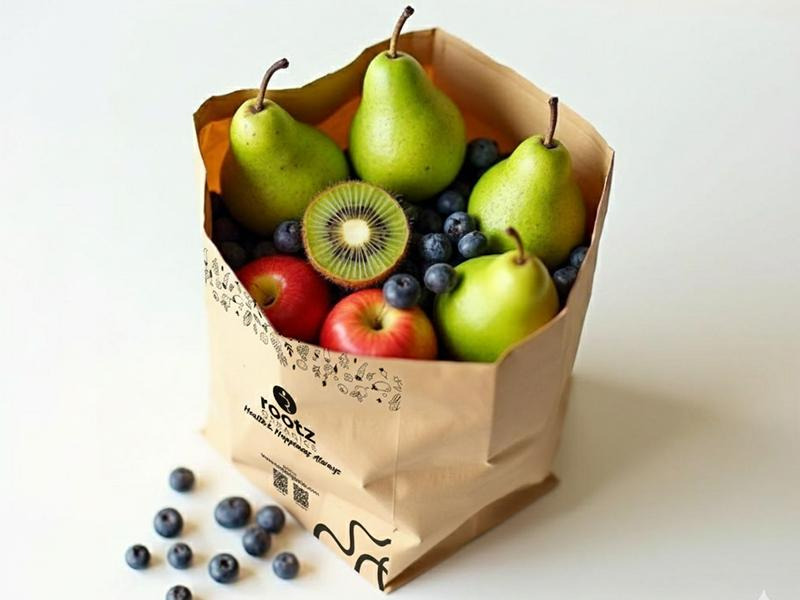
Conclusion: Conscious Choices Build a Better Future
Rootz Organics was built on the belief that food should be clean, honest, and deeply connected to the land.
The world is shifting toward awareness… in what we eat, what we buy, and how we live. Conscious consumerism isn’t a luxury. It’s a necessity for a healthier future.
When we choose consciously, everything changes:
The future belongs to those who choose with intention… those who understand that every purchase is a ripple that shapes the world.
The most powerful change begins with one simple step:
Be conscious.
Health and Happiness Always
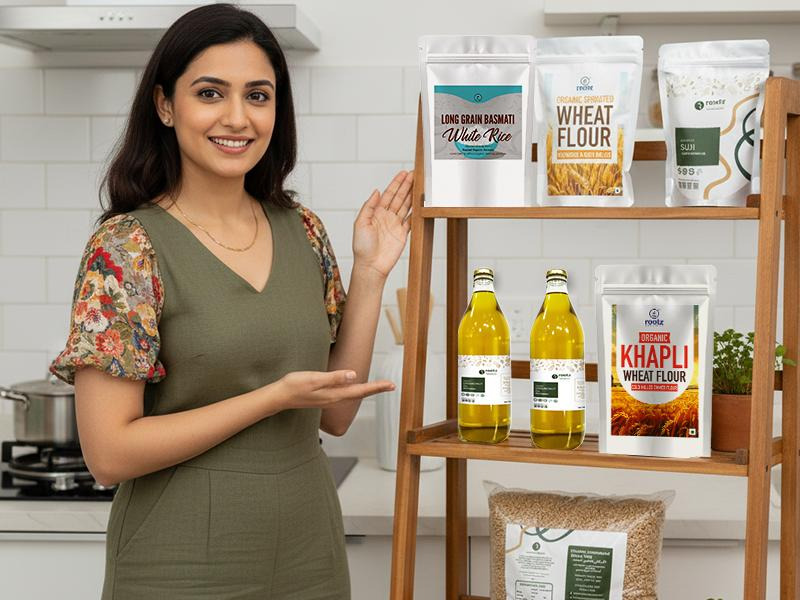
Product Spotlight: Cold-Pressed Oils – Health Benefits & Usage
February 23rd, 2026When Gluten Became the Problem — And Ancient Grains Became the Answer
February 6th, 2026Cold Pressed Olive Oil vs Refined Oils: Why UAE Homes Are Making the Switch
January 30th, 2026Gluten Free Flours vs Regular Flour: Which Is Better for Digestion?
January 30th, 2026